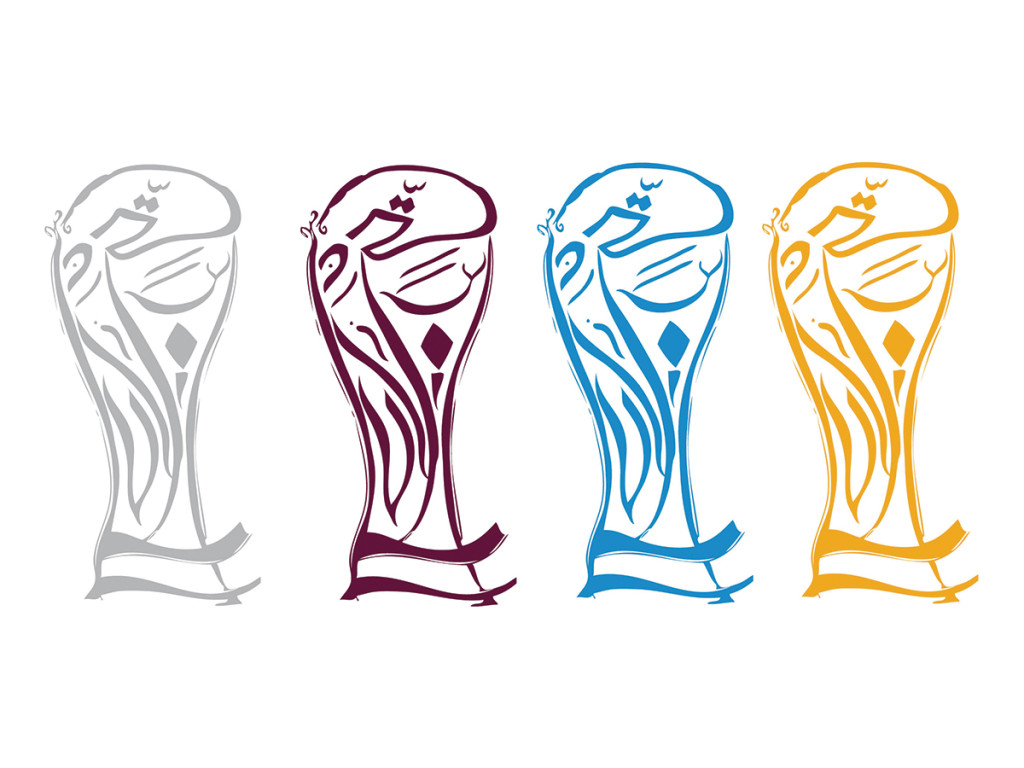
I am a huge fan of association football. At a young age I was exposed to the greats — Ronaldo “Ronaldinho” Moreira, Francesco Totti, Zinedine Zidane, all playing the beautiful game. There is always something exhilarating about watching the sport, between the last-minute goals, rapid plays and tenuous corner kicks which place some of the most talented athletes in the world against each other.
However, despite my love for this sport, I will be boycotting the 2022 FIFA World Cup in Doha, Qatar. Not only has the 2015 FIFA corruption scandal — in which the U.S. Department of Justice discovered that FIFA officials had been bribed — tainted the game recent developments such as the human rights abuses in Qatar against South Asian migrant workers have placed numerous lives at risk.
In 2013, the Guardian revealed in a report that 4,000 migrant workers will die by the time the first football is kicked off the pitch in 2022. Statistics from 2013-2014 showed that one South Asian migrant worker had died every two days in Qatar since the government began preparations for the World Cup games.
The Qatari monarchy has since passed weak legislation to improve the conditions of these migrant workers, who make up 90 percent of the nation’s population. While no further deaths have been reported by construction companies working on World Cup stadiums as of 2015, there are still many criticisms leveled against working conditions. These include squalid living spaces (with many workers describing these as “open jails”), lack of pay for several months, denial of residency permits and miniscule wages.
In addition, there is a large lack of transparency between these companies and the Qatari government, as described by the Washington Post. These actions are concerning as many deaths could have gone unreported within the past couple of years.
The 2015 FIFA corruption case also had allegations that Qatari officials paid to have their country host the tournament. Due to these actions, the integrity of the entire competition comes into question, as officials could sell the championship to the highest bidder.
Despite these controversies, none of the major companies (which include corporate giants Coca-Cola, Sony and Adidas) sponsoring FIFA have called for a boycott from the association. FIFA’s marketing revenue peaked in 2014 at $465 million due to the World Cup (and $4.8 billion in general), despite massive protests against the tournament in Brazil due to the nation’s poverty, incidents of police brutality and political corruption. While many were protesting the lack of social services and employment in the country, the nation spent a reported $15 billion to host the tournament.
These figures display how the competition benefits the association, however many of the people in these countries are left to suffer. The amount of marketing revenue alone displays the profitability that the World Cup has on its corporate sponsors.
To place pressure on the Qatari monarchy, so that worker’s conditions improve, many should advocate boycotting the companies involved in sponsoring the World Cup. Many American companies such as Coca-Cola and McDonald’s receive a huge benefit from their World Cup marketing campaigns; however these profits come from worker exploitation and widespread corruption.
Both Human Rights Watch and Amnesty International have criticized the nation over the country’s treatment of migrant workers. Despite sporadic coverage of these events by different news media, there have not been any discussions or widespread calls for boycott against FIFA or its corporate sponsors.
Divestment and boycotts from sports tournaments are shown to have a profound effect; for example the 1980 U.S.-led Olympic boycotts cost the Soviet Union a record $1.35 billion. The impact that a boycott from this competition could have on Qatar and FIFA could bring changes into the way these organizations operate.
I still have an immense love for association football; however, it is difficult to enjoy its largest competition when I know that people are suffering because of it. The actions of the Qatari government and FIFA officials should come to an end, but to do that it is important that awareness is raised on these issues so that companies can reconsider their decision to invest in the World Cup.








